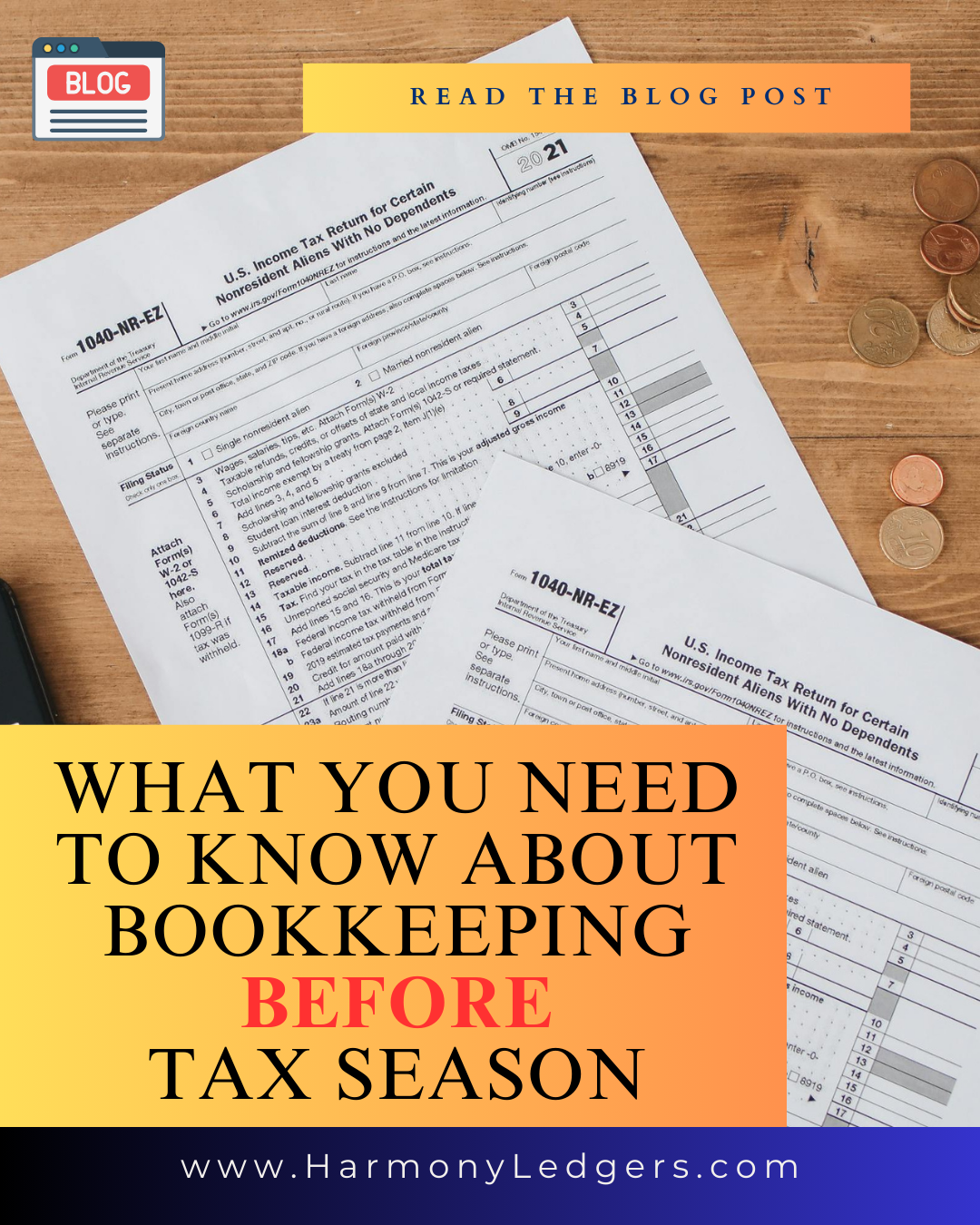How to Get Your Small Business Books Done Before the Year Ends
As the end of the year approaches, small business owners often find themselves scrambling to get their financial records in order. Whether it’s preparing for taxes, evaluating performance, or setting goals for the new year, having your books organized is essential. Here's a guide to help you close out your books efficiently and set your business up for success.
1. Review and Reconcile Your Accounts
Before diving into more complex tasks, start by reviewing your bank statements, credit card statements, and accounting software entries. Reconcile every account to ensure that all transactions are accurate and nothing is missing. This will help you avoid discrepancies that can lead to tax or reporting issues.
Pro Tip: Make sure all expenses, income, and transfers are accounted for, especially small cash transactions or electronic payments that may have slipped through the cracks.
2. Categorize All Expenses and Income
Properly categorizing your income and expenses is crucial for year-end reporting. Take the time to ensure that every transaction is classified correctly. This makes it easier to calculate deductible expenses, which will save you time (and money) when tax season arrives.
Key Categories to Consider:
- Rent or mortgage
- Office supplies
- Payroll and benefits
- Utilities
- Marketing and advertising
- Travel and entertainment
3. Clear Up Any Outstanding Invoices
If you have unpaid invoices or pending bills, now is the time to settle them. Reaching out to customers with outstanding balances can help improve your cash flow. Similarly, ensure that all of your bills are paid so that your year-end liabilities are clear and current.
Automation Tip: If you haven’t already, consider implementing invoicing software to streamline this process moving forward.
4. Evaluate Inventory and Asset Depreciation
For businesses that sell products, conducting a year-end inventory count is essential. Make sure your inventory matches what's recorded in your books. Also, assess whether any inventory has become obsolete or should be written off.
In addition to inventory, review your fixed assets (such as machinery, computers, etc.) and apply depreciation where necessary. This can be a significant factor in your tax calculations.
5. Prepare for Taxes
Getting your financial records in order now will save you stress when tax season arrives. Review your estimated taxes, gather all necessary tax documents, and calculate deductions you may be eligible for. Common deductions for small businesses include office expenses, mileage, and professional services.
Consult Your CPA: If you work with an accountant, now is a good time to check in and ensure everything is ready for tax filing. They can help you identify deductions you may have missed and advise on any last-minute financial strategies.
6. Generate Year-End Financial Reports
Once your books are up to date, it’s time to generate key financial reports, including:
- Profit and Loss Statement (P&L): A summary of your revenue, costs, and expenses over the year.
- Balance Sheet: A snapshot of your business’s assets, liabilities, and equity.
- Cash Flow Statement: A report showing how cash is moving in and out of your business.
These reports will not only help you during tax season but also give you insights into your business's performance and areas for improvement.
7. Set Goals for the New Year
Now that your books are in order, take some time to reflect on your business's financial health. Use the insights from your reports to set realistic goals for the upcoming year. This could include budgeting improvements, expanding services, or cutting back on unnecessary expenses.
Getting your small business books done by year-end might seem overwhelming, but with a step-by-step approach, you can ensure accuracy and peace of mind going into the new year. Start early, stay organized, and don’t hesitate to seek help from a professional bookkeeper or CPA if you need it. Finishing strong now will give you a fresh start come January!
Need Help? If you’re feeling behind on your bookkeeping, consider outsourcing to a professional. Having a qualified bookkeeper handle your year-end tasks ensures that everything is done correctly and on time. We can help with that! Give us a call at
(945) 213-1932 or schedule a consultation at
Calendly.com/HarmonyLedgers today!














